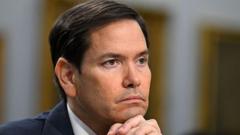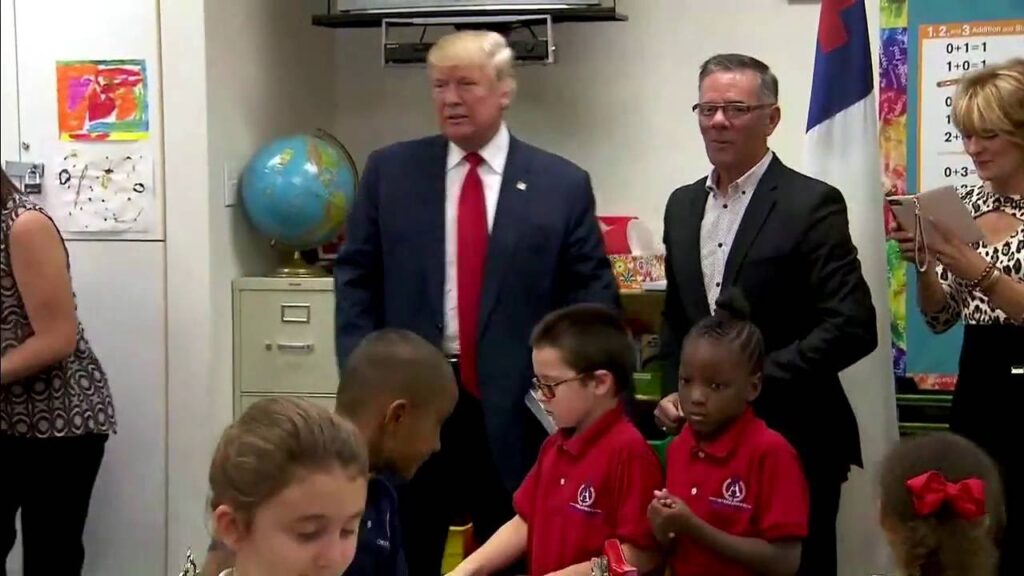The US Department of State has ordered embassies worldwide to suspend the scheduling of student visa appointments, as part of a wider initiative to intensify social media vetting of visa applicants. Secretary of State Marco Rubio’s memo indicated that the suspension would remain in place “until further guidance is issued.” This directive came amidst heightened tensions between the Trump administration and leading academic institutions, with the administration accusing certain colleges of fostering a leftist agenda and failing to adequately combat campus antisemitism.
The memorandum, acquired by CBS News, instructed embassies to clear their calendars of any unfilled student visa appointment slots, although those with existing appointments will still be permitted to proceed. It is reported that an expansion of social media screening will be applied to all student visa applications, which could affect thousands of prospective students seeking education in the United States.
Tammy Bruce, a spokesperson for the State Department, emphasized the importance of thoroughly vetting individuals entering the country, stating, “We take very seriously the process of vetting who it is that comes into the country, and we're going to continue to do that.” This reevaluation of visa processes aligns with previous actions by the Trump administration, which has included freezing substantial federal funding to universities and attempts to deport certain foreign students.
The relationship between the Trump administration and some American colleges has been further strained by accusations concerning the ongoing pro-Palestinian activism, which has sparked claims of antisemitism on campuses. Critics have countered that such punitive measures infringe upon students' free speech rights.
Harvard University, a prominent target of Trump's criticisms, faced significant ramifications after the administration sought to revoke the institution's ability to enroll international students and host foreign researchers, an action subsequently blocked by a federal judge. The potential ramifications of these policies could threaten Harvard, where a notable percentage of the student body comprises foreign nationals whose tuition fees contribute greatly to the institution’s finances.
As this situation unfolds, it raises significant questions about the future of higher education in the US, the treatment of international students, and the broader implications for academic freedom and access to education in the current political climate.





















